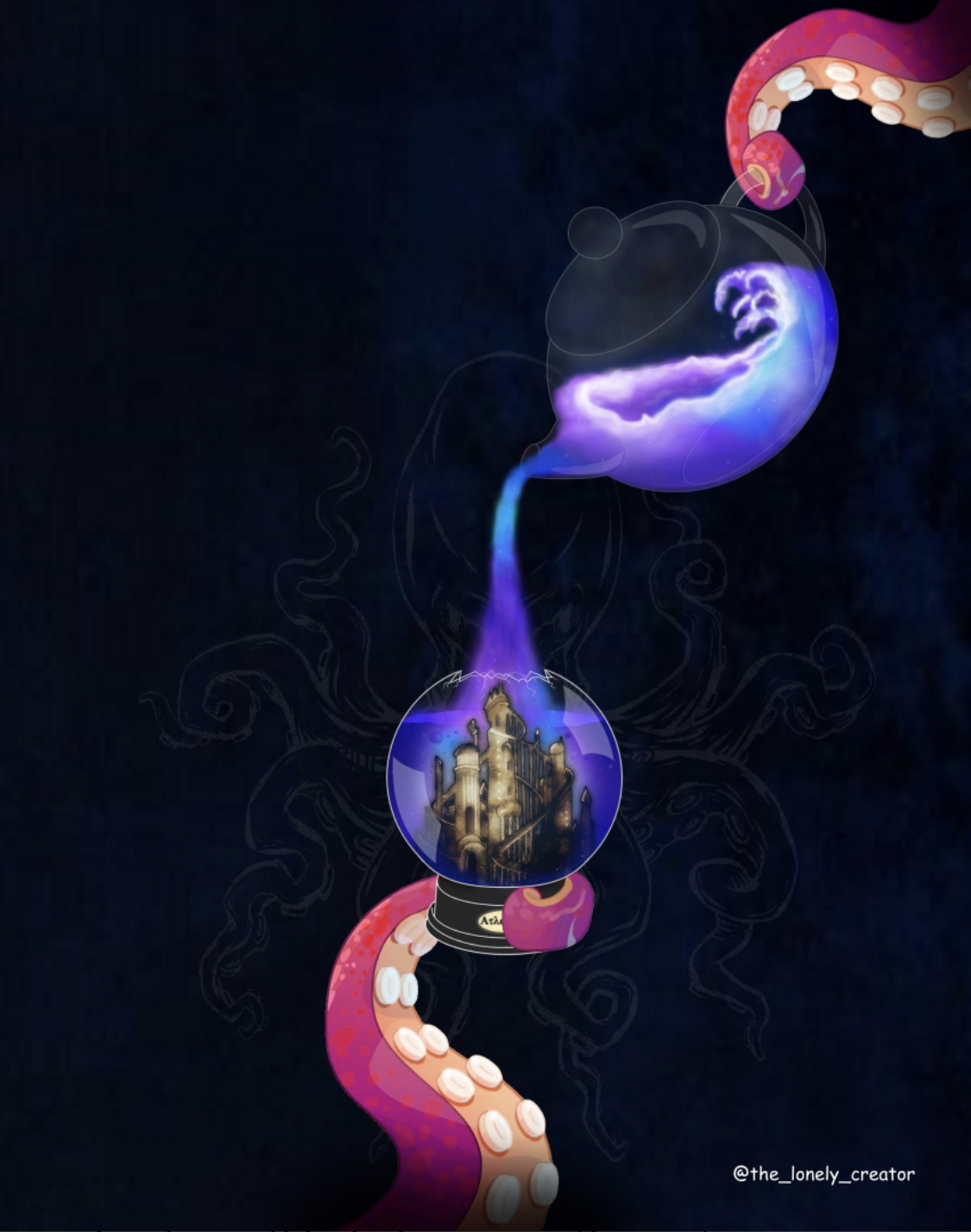While the coronavirus has stalled the daily routine of society across the world, it sure hasn’t slowed the creative output from the many music makers that call Spokane Falls Community College home.
Here are some Bigfoot musicians and their recent releases that have kept quarantine sounding so good.
Three years after its original release and a recent landmark of 1,000 Spotify listens, Zachary Hartman is back with a reworking of his signature single “Stars To You.” The sugary ukelele line and airy vocals of the original have been traded for a driving cascade of synths and a verse from SFCC rapper Keze (Zeke Tareski) for an endearing piece of bedroom pop.

singer/songwriter Zachary Hartman.
Hartman cited his inspiration for the new version saying, “I was like, ‘Hey, maybe I should remake it since my ways of production have changed entirely.’ I was showing my friend Zeke, who goes to the Falls, and I was like, ‘Hey man, can you help me out? What should I put here?’ And he’s like, ‘I really, really want to put a verse down on that if that’s OK.’ It was one recording; first try. I was like, ‘This is amazing.’ He came up with that rap so quickly. I was like, how? It takes me months to write a single word.”
The collaborative process between the two was simple, Hartman said.
“I just looped the track for him just for a couple of minutes, and then he shows me what he has already, and I’m like, ‘Dude, that’s perfect.’ I thought it would be such a cool opportunity to feature one of my friends on a track of mine.
“His verse just perfectly fits the already established lyrics. It brings something completely new to the song.”
Featuring the brooding “Blood Machine” and unashamed epicness of it’s 29-minute closer with a title to match (“The Looming Tape in the Endless Tunnel at the Edge of the Universe, Found by a Boy Who Flew Too Far from the Sun”), Mason Michael (Mason Lunneborg) explores the furthest corners of progressing, industrial ambience in his album “Living, Breathing, Moving.”
For Lunneborg, his newest release is the product of a revamped creative process.
“I kind of went in a different direction for it, because I just make a lot of music a lot of the time and I have this dump folder that I titled ‘the looming tapes’ kind of jokingly,” he said. “It was me just meticulously going through and finding, in that folder, those 30 hours of music, finding the best bits and pieces and trying to make them fit into a coherent idea or album. It’s just that constant battle in my brain of which songs go, ‘That’s corny, I should have never recorded that’ versus ‘I really need to release this.’ ”
And in the case of “The Looming Tape…,” it quickly became one of the most engaging projects out of that ‘need-to-release’ pile.
“I think it’s really important to me because that is 29 minutes of a bunch of old songs of mine and I’m basically taking them to a level where I’m just saturizing them to high-hell,” Lunneborg said about his song “The Looming Tape in the Endless Tunnel…”, “Everything is warped and changed and dramatic and explosive. This is three years of music pushed into 29 minutes. Thirty hours of music condensed into 29 minutes.”
Largely inspired by a single night toying around with different beats derived from Sonic the Hedgehog games, and even featuring a name cribbed from the heroic hedgehog’s home planet, “Mobius” marks the latest album from Keze.
“Two years ago, I was working on my senior project. I was making a totally, completely different album and I wasn’t really enjoying the process that much because it was music that I wasn’t really wanting to make at the time. To pass the time, I just resorted to doing other things and I started to pick up video games again,” Tareski said. “I picked up a couple of Sonic games on Steam on my computer and played through all of them, and I was really inspired by all of the music that was being produced within these games.
“I started messing around with the idea of sampling different sounds from those video games, different songs, stuff like that. One night, me and a friend, we were just playing around with the idea and we ended up making five or six beats that one night. That’s probably around the time when I realized, ‘Oh, this is probably going to be an actual project.’”
The closing track “Distant” marks the emotional peak of the album, partly because of the collaborators that made it possible, said Tareski.
“I was basically just speedrunning my entire life in one song. It felt really personal to me,” he said. “Making the beat, I was just like, ‘This is probably going to be a little more emotional song.’ I started writing the lyrics, started recording everything and I was like, ‘Yeah this is going to be a little emotional.’
“I had this idea that at the end of the song, a lot of my friends just send me audio clips of them saying their favorite childhood memory and just kind of have a B-role of it playing at the end of the song, and then that’s how the album ends. I think probably my favorite memory was getting all of these different memories from different people, seeing what their childhood consisted of. It was just a really heartwarming kind of thing.”

